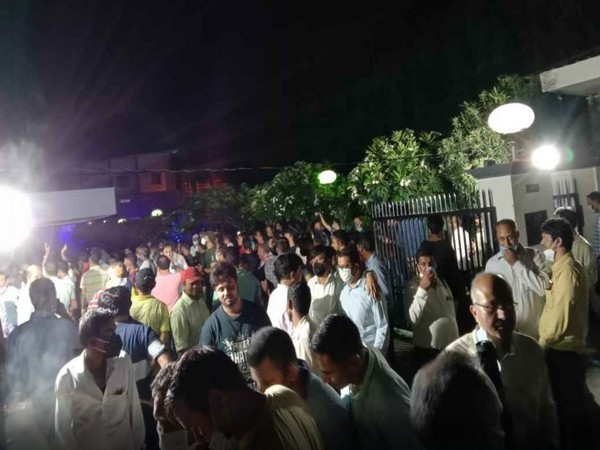Approx 4,000 employees of 3 power corporations of Uttarakhand, under the banner of 10 different associations have gone on an indefinite strike from midnight on Monday this week.
The employees are on strike as the higher authorities have failed to fulfil their 14-point demand. The demands include implementation of equal pay for equal work and allowances among other workers. The workers have stated that they won’t return to their respective jobs till the authorities don’t listen to their demands and solve their issues.
Along with Shailendra Dubey, the President of the Electricity Employees Federation of India, the Secretariat Employees Federation have also come up in support for the demands of the electricity department employees.

LOSS FOR GENERAL PUBLIC
Due to the protest and minimum working personnel at the power stations, several cities in the state are dealing with long hours of power cut leading to various problems for the general public. The employees have also refused to join the night duty at power substations and hydroelectric projects due to the ongoing protest. No satisfactory result came out from the meeting held between the delegation of employees and Secretary of the power Department and Chief Secretary at the state secretariat.

LOSS FOR THE GOVERNMENT
After the official employees went on strike, all the five hydropower projects of Yamuna Valley, Chhibro 240 MW, Khodri 120 MW, Dhakrani 33 MW, Dhalipur 51 MW and Kulhal 30 MW projects, have been stopped for safety. Water has been released directly into Yamuna river from the barrage built on Tons and Yamuna river.
These five projects generate a total of eight million units of electricity per day. In which UJVNL sells to the Uttarakhand government at the rate of Re 1 per unit (rate to rate) at the production rate. Due to the halt in production from these projects, the state government is now forced to buy electricity at the rate of four to five rupees per unit from other states.

Editor

